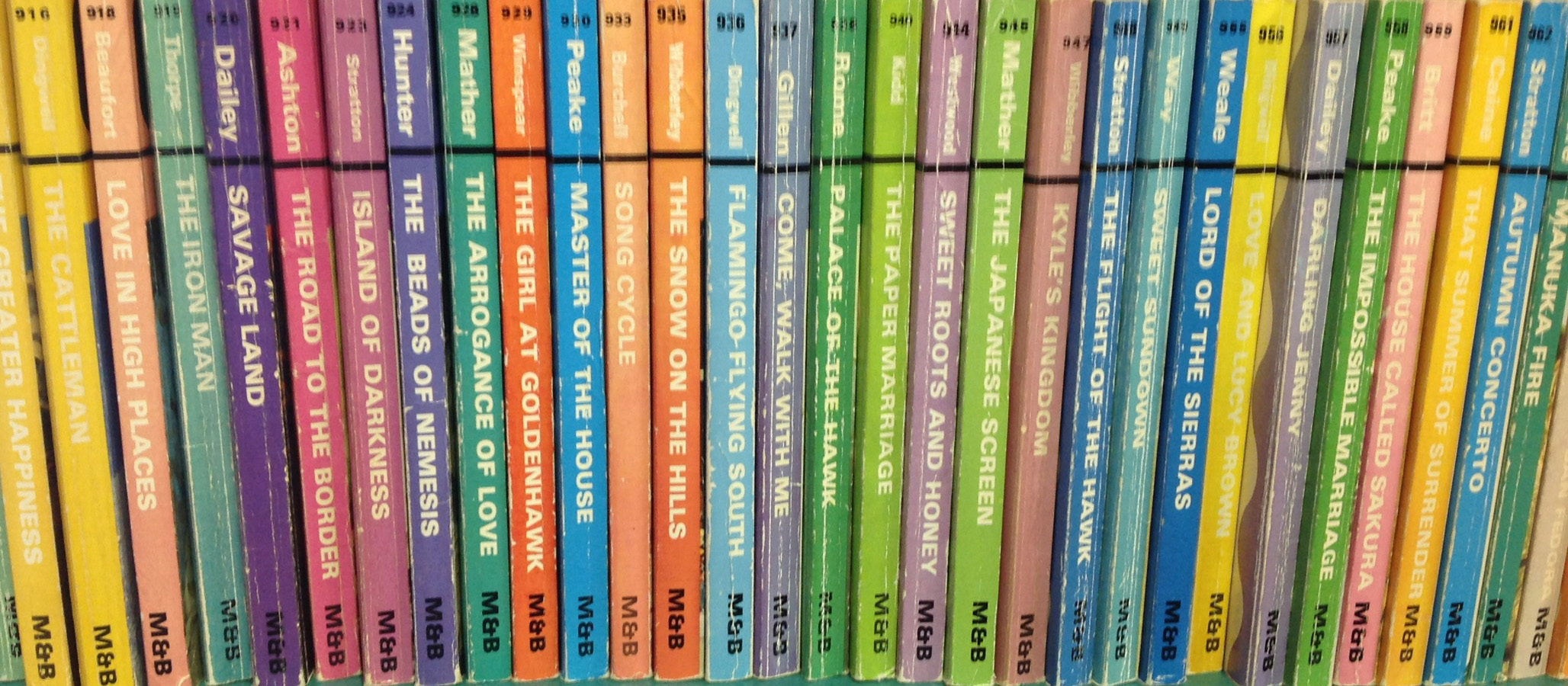Black Romance as Liberation: Beverly Jenkins' Historical Romance as Black Feminist Praxis and Historical Pedagogy
Start Date
22-4-2020 10:15 AM
End Date
22-4-2020 11:15 AM
Proposal Type
Individual Presentation
Abstract
In Talking Back: Thinking Feminist, Thinking Black bell hooks argues, “we need to concentrate on the politicization of love, not just in the context of talking about victimization in intimate relationships, but in a critical discussion where love can be understood as a powerful force that challenges and resists domination” (1989, 26). Hooks implores scholars, students, and everyday people to center love in radical spaces of Black liberation politics. This early inquiry, however, has not been particular popular for students of history, who often ignore love as a social force, because it seems of little importance when compared to legal structures, economic realities or protest, for instance. But the hooksian example centers love in Black feminist politics because it has been critical for Black survival. How did enslaved families survive the terror of enslavement across generations? Love. In Beverly Jenkins’ romance novels, Black love is the kind of recentering for which hooks argues. Jenkins weaves the African American (and sometimes African and Caribbean diasporic) histories with powerful examples of love that are themselves reminders of the centrality of love in Black liberation. Jenkins’ work creates spaces where historical and contemporary racial domination can not only be resisted but the entire structures upon which they stand can be deconstructed. In this paper, I will consider the larger oeuvre of Beverly Jenkins’ historical romance through the lens of Black feminist theory and historical pedagogies to position Jenkins’ work as a site for radical understandings of love as liberatory praxis.
Black Romance as Liberation: Beverly Jenkins' Historical Romance as Black Feminist Praxis and Historical Pedagogy
In Talking Back: Thinking Feminist, Thinking Black bell hooks argues, “we need to concentrate on the politicization of love, not just in the context of talking about victimization in intimate relationships, but in a critical discussion where love can be understood as a powerful force that challenges and resists domination” (1989, 26). Hooks implores scholars, students, and everyday people to center love in radical spaces of Black liberation politics. This early inquiry, however, has not been particular popular for students of history, who often ignore love as a social force, because it seems of little importance when compared to legal structures, economic realities or protest, for instance. But the hooksian example centers love in Black feminist politics because it has been critical for Black survival. How did enslaved families survive the terror of enslavement across generations? Love. In Beverly Jenkins’ romance novels, Black love is the kind of recentering for which hooks argues. Jenkins weaves the African American (and sometimes African and Caribbean diasporic) histories with powerful examples of love that are themselves reminders of the centrality of love in Black liberation. Jenkins’ work creates spaces where historical and contemporary racial domination can not only be resisted but the entire structures upon which they stand can be deconstructed. In this paper, I will consider the larger oeuvre of Beverly Jenkins’ historical romance through the lens of Black feminist theory and historical pedagogies to position Jenkins’ work as a site for radical understandings of love as liberatory praxis.


